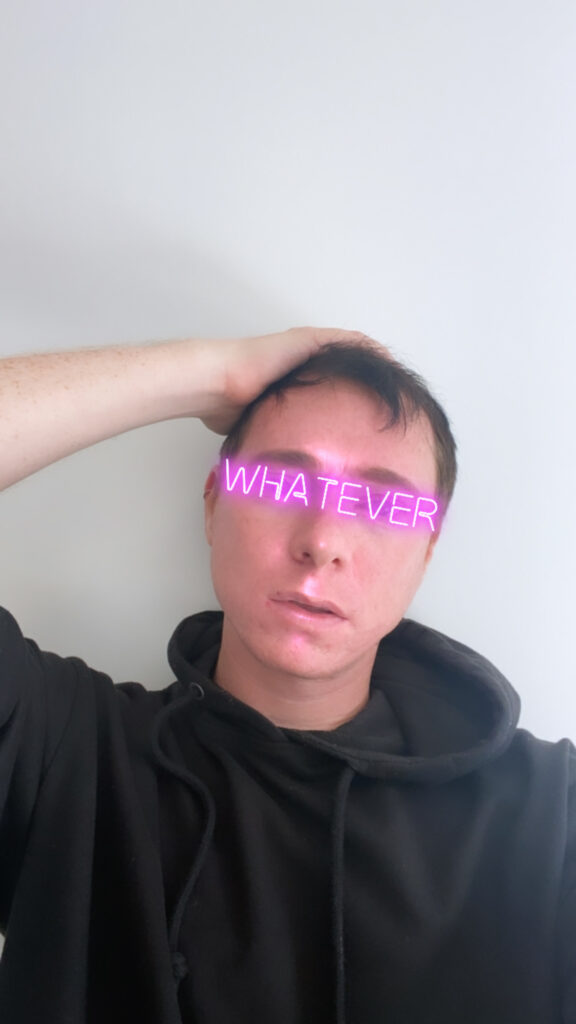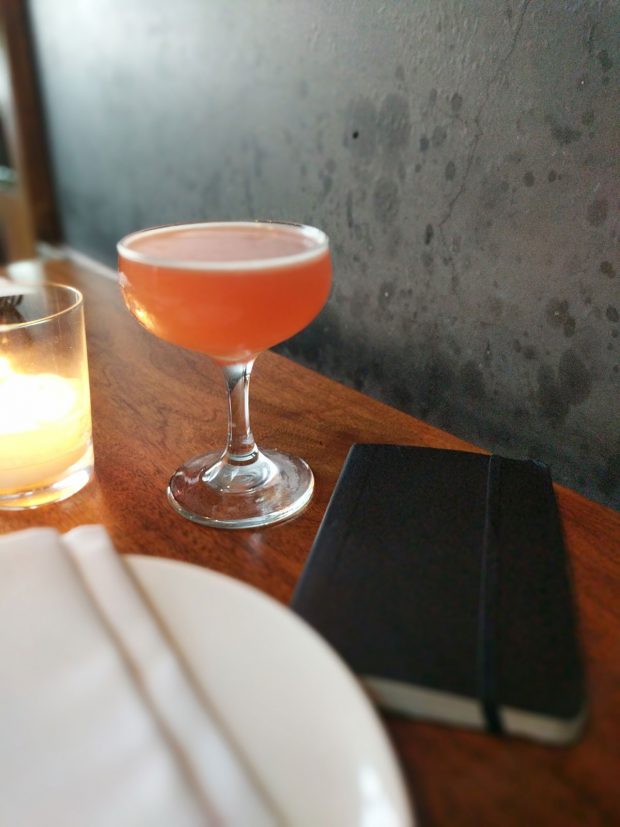Updated in 2023 with additional tips on coping methods I’ve learned to deal with anxiety.
Feeling the stress and anxiety from COVID-19 and a few sudden shocks and traumas in my life, I decided to contact the free NYC Well helpline to speak with a counselor about actionable coping methods for dealing with this extra anxiety. Here’s what I learned
NOTE: Please check the official resources for the most up-to-date info regarding the Coronavirus disease (COVID-19) and official advice:
— Centers for Disease Control and Prevention (CDC)
— World Health Organization (WHO)
— New York State Department of Health
In NYC, you can also text “COVID” to 692-692 for real-time, accurate updates.
I first learned about the NYC Well helpline like most other New Yorkers. It showed up in a text message alert. I’d signed up for Notify NYC alerts.
The Notify NYC system has been in place since 2007, but I’d specifically opted-in for any COVID-19 alerts. The Notify NYC system is New York City’s official source for information about emergency alerts and important city services, which can be targeted to your specific interests or neighborhoods.

The text message alert about NYC Well, though, showed up shortly after New York state instituted the “pause”—a lockdown quarantine of essential services. That week, everyone was anxious and scared. I was getting messages from my friends and family in and out of the city, but I was barely coping myself.
It took a few days to find a healthy balance of work & life in that new normal. The first week I was self-quarantining was hard. Very hard. But after that initial shock, and a lot of conversations, I started to find a balance.
So, when I was finally starting to feel relatively okay, I decided to take one more step to hopefully help. That’s when I contacted the NYC Well helpline.
The helpline is accessible via text, phone conversation, or online. I chose to text the helpline. Talking on the phone would likely have been easier and quicker to ask my questions and get the advice I wanted, but I also just felt more comfortable typing it all out.
It only took a few minutes to get a response from a counselor. Connected with Jannah through a confidential text, I introduced myself immediately and explained a little bit about why I was feeling so unwell. The stress of being freelance, self-employed, unsure about my future, and feeling a little lost considering the headway I’d made on my mental health the previous months.
I was immediately assured through texts from my temporary counselor, and over the next 90 minutes, we continued to chat. I explained about my previous anxiety issues, why I stopped seeing my previous counselor, and answered some of their questions.

After a bit of back and forth initially, explaining my mental health history, we got into the current crisis and how so many other New Yorkers were feeling similarly. That’s when I was given a couple of immediate coping mechanisms and strategies to deal with that overwhelming sense of anxiety related to COVID-19.
During our chat, I took screenshots of some of the actionable advice, and I also wrote notes on a piece of paper. Since this whole crisis started, I’ve found keeping a journal and notes of my daily tasks, thoughts, and ideas has been very helpful in managing the stress of the situation.
Here’s what I learned.
Strategies to help cope
Meditation is good practice
This was something I had already started. On the recommendation of a friend, I’d downloaded the Headspace app for a free 1-week trial. Since then, I’ve kept up the practice of daily meditation—even if just for 3 or 5 minutes.
Observe your thoughts
There are lots of ways to meditation, and every counselor I’ve spoken to in the last four months has continually suggested that I need to observe my thoughts for better awareness. The NYC Well counselor suggested a type of meditation where I would sit back as an observer and actually observe the thoughts that I was having.
The actual act of taking time to observe my thoughts without judgement, to reflect on them, determine if they’re true or not, why the thoughts are appearing, and whether the thoughts are causing shame or compassion—that actual act of observation is an important step in recognizing my anxiety and finding a path forward.
My counselor also suggested to take these thoughts, the positive and the negative, and creating a journaled list of to “affirm” or “deny” each. And then to physically take those negative thoughts and counter them with an affirmation.

Keep a journal
I’ve kept private journals fairly regularly since about 2010, though in the past two years, a little less regularly. Writing has always been a sort of way to escape for me (part of the reason why I blog), but in the past few weeks, I’ve found writing to be especially cathartic. It allows me to get my feelings out onto paper that I can see, read, and scribble over. That gives me time to further process everything.
Be mindful
The last bit of advice I got from my NYC Well counselor was to simply be mindful of where my attention was going. Her suggestion was to put my attention only on positive thoughts and actions; “where attention goes energy flows,” serves as a reminder to be mindful (a quote I later found attributed to Tony Robbins).
Give attention to the things that bring joy, and focus on those specific moments.
Find self-care activities you enjoy
Part of the process of being mindful involves whatever personal self-care routines you might enjoy. Already when I was feeling anxious before speaking with the NYC Well counselor, I made a point to focus my days on things that would help: journaling, reading, avoiding avoiding using social media as therapy.
In the days since, with lots of time alone, I’ve started to do a lot of the little things I’d forgotten that I actually enjoyed. I’ve been creating art, even sewing random cloths together, re-decorating my bedroom, and keeping my online activity to a minimum.
Self-care means different things to each of us, and discovering what works for you is a process, but an important one. Especially when you can give yourself time (if you’re lucky to have it), to discover what makes you feel the best.
My 90-minute chat with the NYC Well counselor was easy and actually pretty helpful. For someone relatively new to therapy and counselors, it was very useful for discovering how to actually chat with a professional about my feelings, my emotions, my mental health.
It’s a great service and I’m glad it’s free for everyone right now. The actionable coping methods I got from my counselor have helped me to be more aware and present, and to. ~actually~ feel better.
Note: I’m not a medical professional and if you need help or support, you should contact your doctor or a medical professional. This blog is just my personal experience using the helpline. The NYC Well helpline is available for everyone and can be accessed via text message, phone call, or online chat. Learn more about the free service at nycwell.cityofnewyork.us
